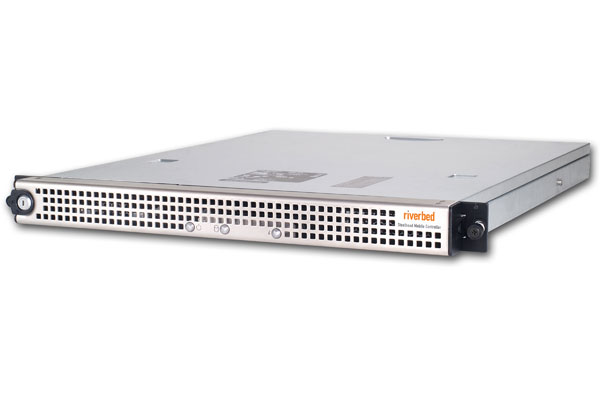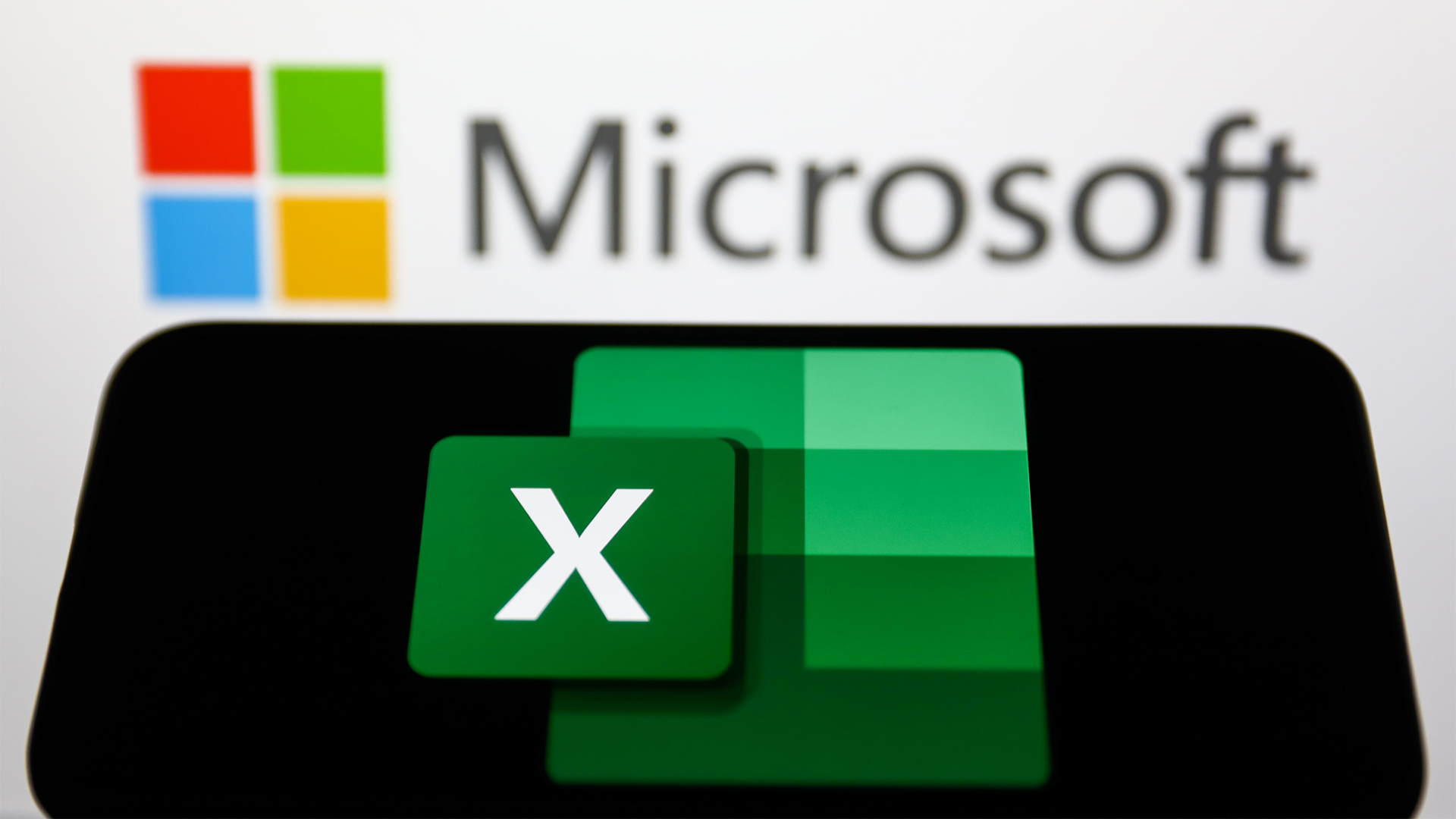Riverbed Steelhead Mobile
WAN links don't have always be bigger, they often just need to smarter. Enter the Riverbed Steelhead 1010 network optimisation appliance.

Mobile and remote workers can reap the benefits of WAN optimisation with a smart solution that's very easy to deploy. Our performance tests show what a difference the Steelhead Mobile can make, although this product is primarily aimed at existing users of Steelhead optimisation appliances.

The Mobile appliance is easy to deploy as you use its web interface to configure a hostname, an IP address for the primary interface and set up the second network port for dedicated management access. Acceleration policies determine what traffic is to be optimized and that which will be excluded and for the latter you can specify IP addresses, ranges, ports and protocols.
Endpoint policies specify what settings are to be applied to the Mobile client. The client is preloaded as an MSI package and you can decide whether it should run transparently or be accessible from the System Tray, how much physical space is allocated to the local Data Store and which Mobile appliances it should contact.
For testing we used the lab's resident Network Nightmare WAN simulator (www.networknightmare.com) and configured it for a 1Mbps WAN link with a 40ms latency. We placed Windows XP SP2 clients on one side of the WAN simulator to represent remote users and on the LAN side we deployed Steelhead Mobile and Steelhead 100 appliances.
For performance testing we employed a standalone Windows Server 2003 R2 system on the LAN running file sharing, FTP and mail services. We opted for a standalone server as Windows domain controllers have SMB signing switched on and experience has shown that this can have a massive impact on file transfer performance.
To test optimisation we used a 4.9MB Powerpoint presentation, which we copied and emailed to and from the test server, opened remotely on the client and saved a modification and used FTP to transfer it as well. These tests were run twice - once with optimisation switched off and then with it turned on.
On the first run remotely opening the file took 58 seconds and saving a small modification took 50 seconds. With optimisation turned on these times were reduced to only 10 and 8 seconds respectively. Mailing the file as an attachment to the server took 186 seconds whilst sending the same file to the client took 59 seconds. With Mobile in action these times were reduced to only 37 and 36 seconds.
Simple file copy operations saw big improvements with the presentation copied from client to server and back again in 46 and 49 seconds and only two seconds in both directions with optimisation activated. FTP operations were similarly affected as the FileZilla client utility copied the test file to and from the server in 42 and 43 seconds and only 3.5 and 2.5 seconds with optimisation on the case.
Sign up today and you will receive a free copy of our Future Focus 2025 report - the leading guidance on AI, cybersecurity and other IT challenges as per 700+ senior executives
We also found the Mobile appliance's management interface provides excellent reporting facilities. You can see all connected clients, view total LAN and WAN traffic and check on the traffic reduction percentage users are enjoying. Reports are provided for general bandwidth optimisation, pie charts show traffic summaries for selected endpoints and you can apply date ranges to each one. With access to the client utility granted, users can view optimisation statistics, change the size of their Data Store and turn off optimisation if required.
The main drawback of the Steelhead Mobile is the fact that it isn't a standalone solution and is aimed primarily at sites already using Steelheads. Those new to Riverbed will need to factor in the extra cost of the appliance but it's clear from our tests that this solution delivers in the performance stakes with all our file transfer tests showing a marked improvement with optimisation activated.
Verdict
Mobile and remote workers can reap the benefits of WAN optimisation with a smart solution that's very easy to deploy. Our performance tests show what a difference the Steelhead Mobile can make, although this product is primarily aimed at existing users of Steelhead optimisation appliances.
Chassis: Dell 1U rack chassis; CPU: 3GHz Intel Pentium D Memory: 2GB PC2-5300E DDR2 Storage: 250GB Western Digital SATA hard disk, 512MB CompactFlash card Ports: 2 x Gigabit Ethernet Management: Web browser Other: Mobile client software for Windows 2000, XP and Vista included. Price includes 30 concurrent users
Dave is an IT consultant and freelance journalist specialising in hands-on reviews of computer networking products covering all market sectors from small businesses to enterprises. Founder of Binary Testing Ltd – the UK’s premier independent network testing laboratory - Dave has over 45 years of experience in the IT industry.
Dave has produced many thousands of in-depth business networking product reviews from his lab which have been reproduced globally. Writing for ITPro and its sister title, PC Pro, he covers all areas of business IT infrastructure, including servers, storage, network security, data protection, cloud, infrastructure and services.
-
 Trump's AI executive order could leave US in a 'regulatory vacuum'
Trump's AI executive order could leave US in a 'regulatory vacuum'News Citing a "patchwork of 50 different regulatory regimes" and "ideological bias", President Trump wants rules to be set at a federal level
By Emma Woollacott Published
-
 Microsoft Excel is still alive and kicking at 40 – and it's surging in popularity as 82% of finance professionals report ‘emotional attachment’ to the spreadsheet software
Microsoft Excel is still alive and kicking at 40 – and it's surging in popularity as 82% of finance professionals report ‘emotional attachment’ to the spreadsheet softwareNews A recent survey found Gen Z and Millennial finance professionals have a strong “emotional attachment” to Microsoft Excel
By Emma Woollacott Published
-
 LastPass hit with ICO fine after 2022 data breach exposed 1.6 million users – here’s how the incident unfolded
LastPass hit with ICO fine after 2022 data breach exposed 1.6 million users – here’s how the incident unfoldedNews The impact of the LastPass breach was felt by customers as late as December 2024
By Emma Woollacott Published
